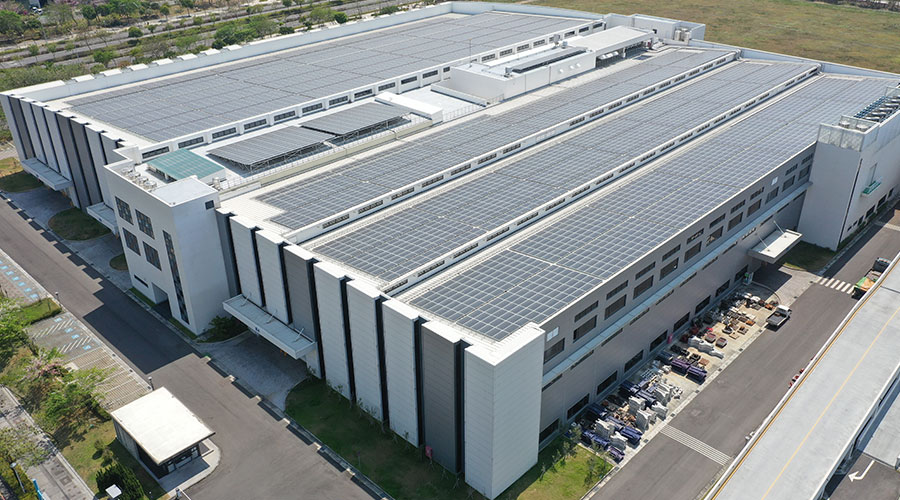American West Heating Nearly Twice as Fast as Rest of World, New Analysis Shows
The American West is heating up more rapidly than the rest of the world, according to a new analysis of the most recent federal government temperature figures.
The American West is heating up more rapidly than the rest of the world, according to a new analysis of the most recent federal government temperature figures.
The average temperature rise in the Southwest’s largest river basin was more than double the average global increase, likely spelling even more drought conditions. The news is especially alarming for some of the nation’s fastest growing cities, which receive water from the drought-stricken Colorado River.
For the report,
“Warming in the West,” the Rocky Mountain Climate Organization (RMCO) and the National Resources Defense Council analyzed new temperature data from the National Oceanic and Atmospheric Administration (NOAA) for 11 western states.
For the five-year period 2003-2007, the average temperature in the Colorado River Basin, which stretches from Wyoming to Mexico, was 2.2 degrees F hotter than the historical average for the 20th Century. The temperature rise was more than twice the global average increase of 1.0 degree during the same period. The average temperature increased 1.7 degrees in the entire 11-state western region, according to the report.
The Colorado River Basin is in the throes of a record drought, shrinking water supplies for upwards of 30 million people. Climate scientists predict even more and drier droughts in the future as hotter temperatures reduce the snowpack and increase evaporation.
To date, the governors of Arizona, California, Montana, New Mexico, Oregon, Utah and Washington have signed the Western Climate Initiative (WCI), an agreement to reduce global warming pollution through a market-based system, such as cap-and-trade. The WCI calls for states to reduce their global warming emissions 15 percent below 2005 levels by 2020.
Related Topics:











